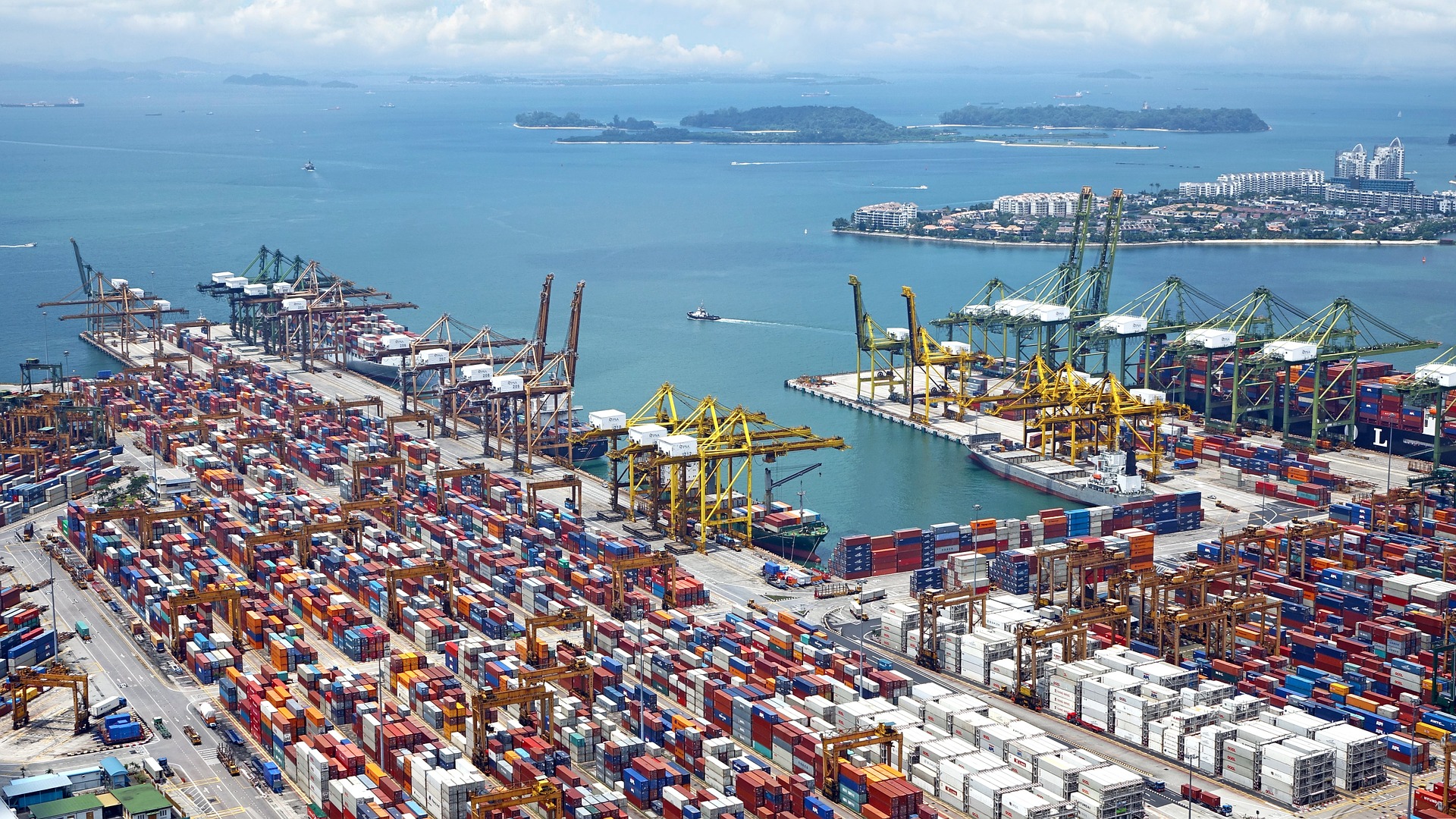
Professor Jonathan Hopkin and Dr David Woodruff
This course will introduce you to Comparative Political Economy (CPE), an important subfield of political science that analyses how economic policy, politics, and institutions shape the interaction of capitalism and democracy in different countries. It will provide you with a toolkit of CPE arguments and insights that will help you make sense of contemporary upheavals such as the rise in populism and threats to established democratic norms, the repercussions of financial market volatility, and the massive impact of accelerating technological and climate change.
Some of the questions to be addressed include: Is the political equality implied by democracy compatible with the economic inequality characteristic of capitalism? Does the power of the wealthy undermine democracy, and ultimately, capitalism itself? What role do governments play in a capitalist economy? How can we explain rising inequality? How does the welfare state shape capitalism? What are the roots of financial instability, and how does it affect politics? Does the technological revolution of the internet age change the relationship between capitalism and democracy, and if so in what ways? How have globalization and the rise of China affected politics in the high-income countries of the West? Can democracy and capitalism survive a world of multiple crises, such as increased geopolitical tensions and rapid climate change?
The focus of the course is mostly on the rich democratic nations of Europe and North America, but we also place the political economy of these regions in their global context. Students will gain a solid understanding of key aspects of how contemporary capitalist economies operate and the way they are shaped by political struggle, acquiring the tools to understand a fast-changing world.
